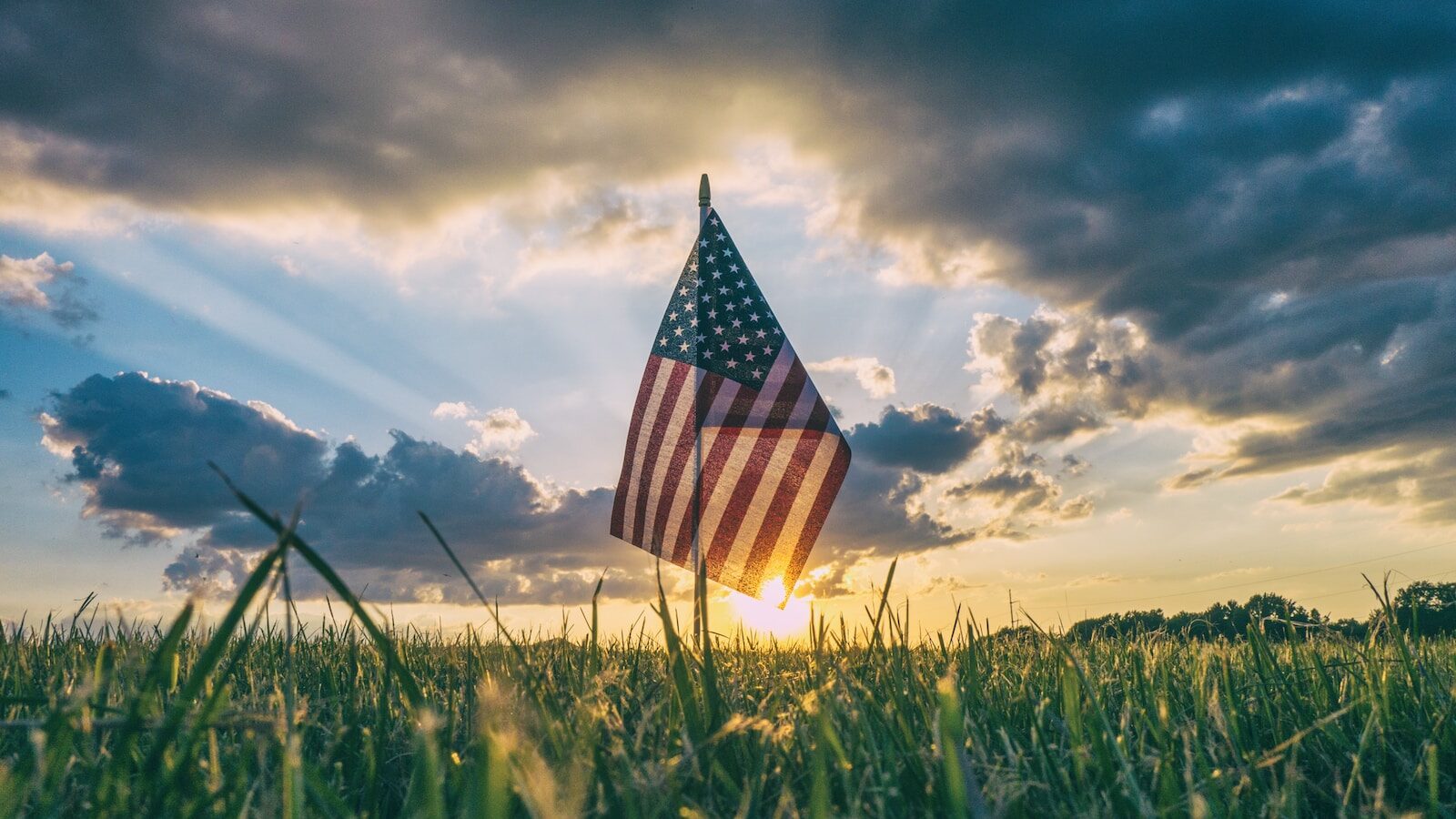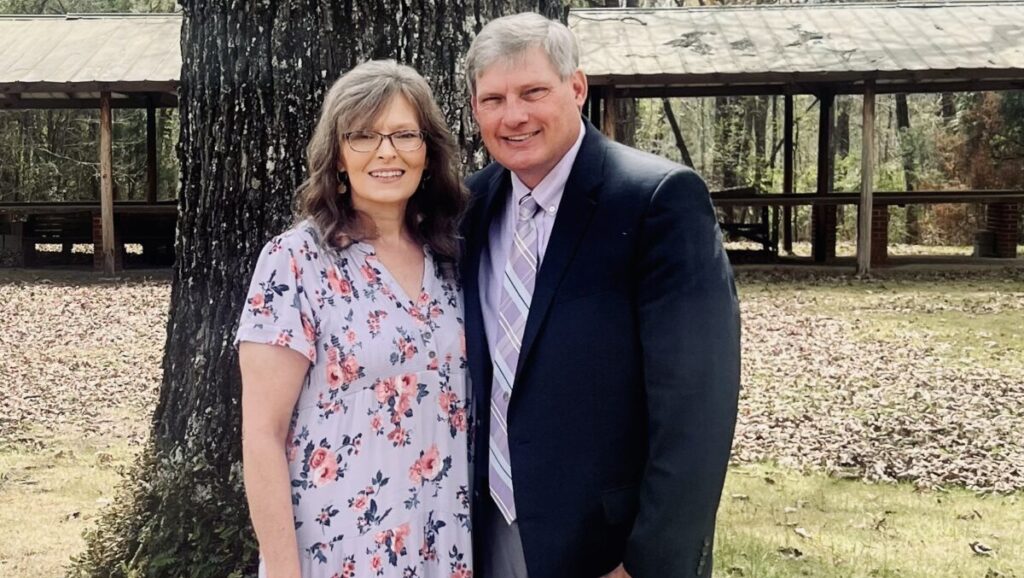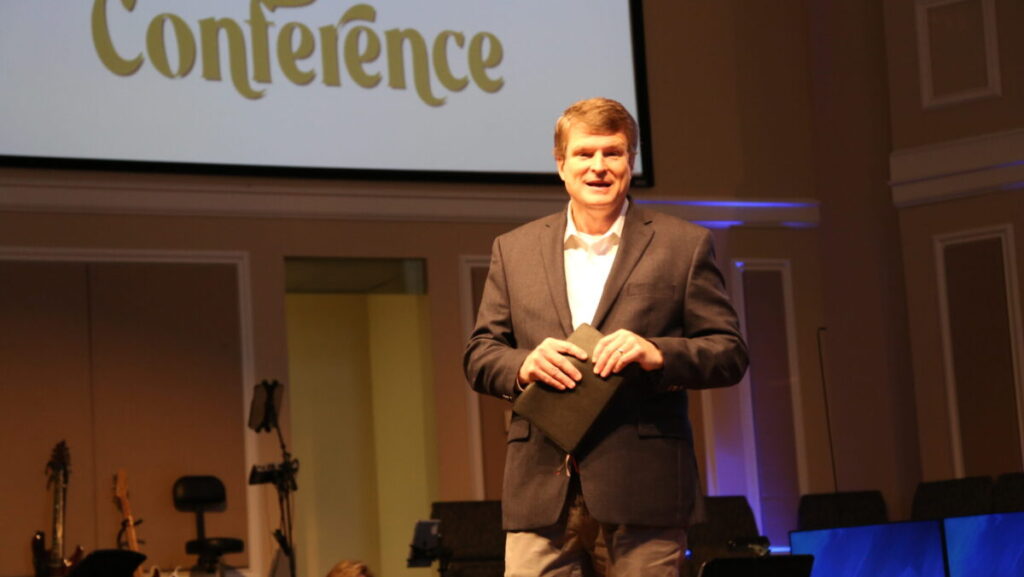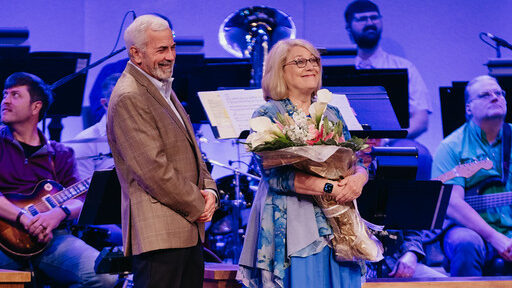By Dan Darling
Director of the Land Center for Cultural Engagement at Southwestern Baptist Theological Seminary
This year, across America, families large and small will gather and celebrate America’s 247th birthday. As we break out the fireworks (legally, of course), crank up the Lee Greenwood, and light the grill, we should reflect on how Christians should feel about this nation.
Over the last few decades, believers have wrestled with their feelings toward the state. On the one hand, there are many who are uncomfortable with the difficult truths about America’s past and present, including the tragic legacy of slavery and Jim Crow. For too long and for too many, freedom was not extended based on the color of their skin.
On the other hand, there are many who are uncomfortable finding any good things to say about this land in which we live. They struggle to celebrate the 4th of July in a meaningful way.
I believe both approaches fail to meet the standard for biblical faithfulness. Scripture condemns a kind of patriotism that becomes idolatry, where the allegiance to the nation supersedes the mission of God. Jonah, so invested in national fervor for Israel, resisted the call of God to go to his country’s sworn enemy with the good news of God’s salvific purposes.
Yet we also see the Bible condemn an unwillingness to love the place where God has placed us. In Jeremiah 29, the prophet is speaking to God’s people in exile, in a land with practices and beliefs that they opposed. False prophets were parachuting in and urging them not to take root there and promising a quick escape. Jeremiah’s word to the exiles was this:
“This is what the Lord of Armies, the God of Israel, says to all the exiles I deported from Jerusalem to Babylon: “Build houses and live in them. Plant gardens and eat their produce. Find wives for yourselves, and have sons and daughters. Find wives for your sons and give your daughters to men in marriage so that they may bear sons and daughters. Multiply there; do not decrease. Pursue the well-being of the city I have deported you to. Pray to the Lord on its behalf, for when it thrives, you will thrive” (Jer. 29:4–7).
Larger implications
God’s plan for his people in that day — and I would argue for God’s people in this day — is to put down roots where he has called us. We, citizens of heaven, are exiles in America. But this is the place where God in His sovereignty has called us (Acts 17). This has a lot of implications for the way we think about our country.
First, we should love the USA. It’s hard to seek the welfare of a place we loathe.
Second, we should use whatever agency we have to help see America flourish.
Third, we should pray for our country as Jeremiah instructs. We should beseech the Lord on behalf of this nation, asking for revival, repentance, and renewal.
To love your country doesn’t mean you ignore her flaws. No, we love her better by acknowledging America’s sins and pushing for a country that lives up to our self-professed creed, “All men are created equal.” Yet, true love doesn’t only see America’s flaws but is able to see the blessings this land has bequeathed, to us and to the world. America is a radical experiment in human government, an experiment in self-government. At her best, she’s been a beacon of liberty around the world.
So, we should celebrate America’s birthday. We should feel the patriotic feels when we crank up that 4th of July playlist. And we should be grateful to God for the privilege of living in this land and for the many men and women who have given their lives so we can enjoy freedom.
EDITOR’S NOTE — This article originally appeared at Baptist Press, news service of the Southern Baptist Convention.






Share with others: